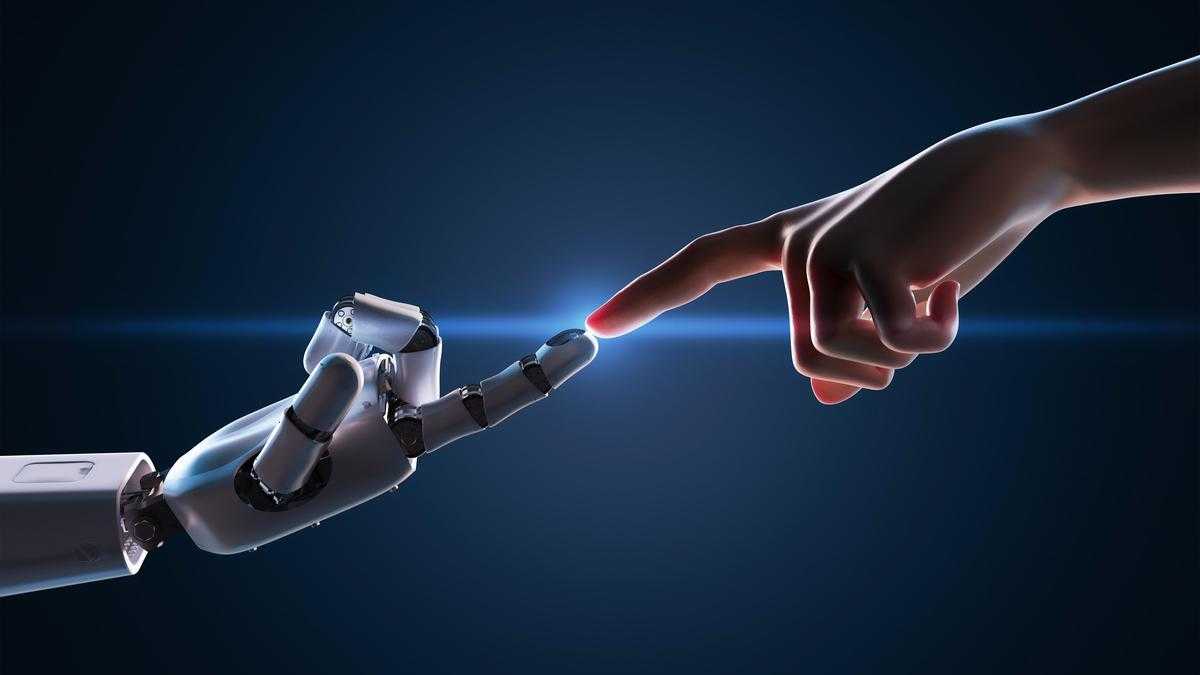Role of Humanities and Social Sciences in shaping responsible AI
As we navigate an AI-driven future, staying engaged and thoughtful about its impact is crucial
With its ever-expanding capabilities, Artificial Intelligence (AI) is not just a tool but a force shaping our future. It can write stories, replicate Rembrandt’s painting strokes, assist in adjudicating legal cases, aid medical treatment, recommend products, and even recognise human emotions. According to scientists, we are now in the third stage of AI evolution, a phase of deep learning and machine learning due to advancements in digital data and computing power. The third stage captures the transformation from a digital to a datafied society.
In a datafied society, data-based sense-making is central to constructing reality. This means systems processing data resembling intelligent behaviour are vital to our realities. UNESCO broadly defines the latter as the dynamic understanding of AI. The increasing influence of AI and machines in our lifeworld has sparked discussions on the emergence of digital habitus and human-machine interface implicating essential concerns like identities and democracy. These discussions have two main focuses: first, on how algorithms reshape our existence, and second, on the ethical implications of an algorithmic world on the human species. As we navigate this AI-driven future, staying engaged and thoughtful about its impact is crucial.
